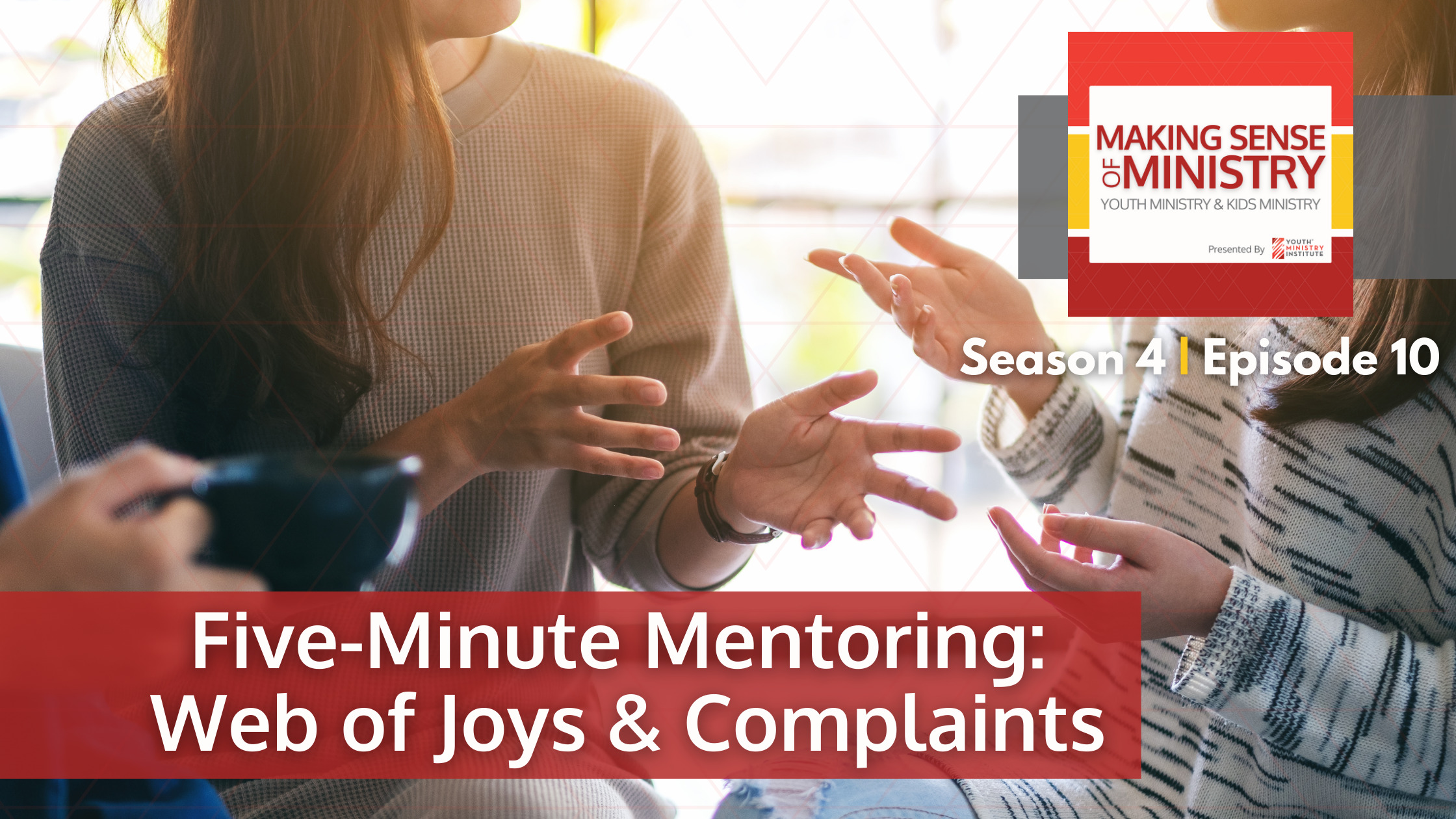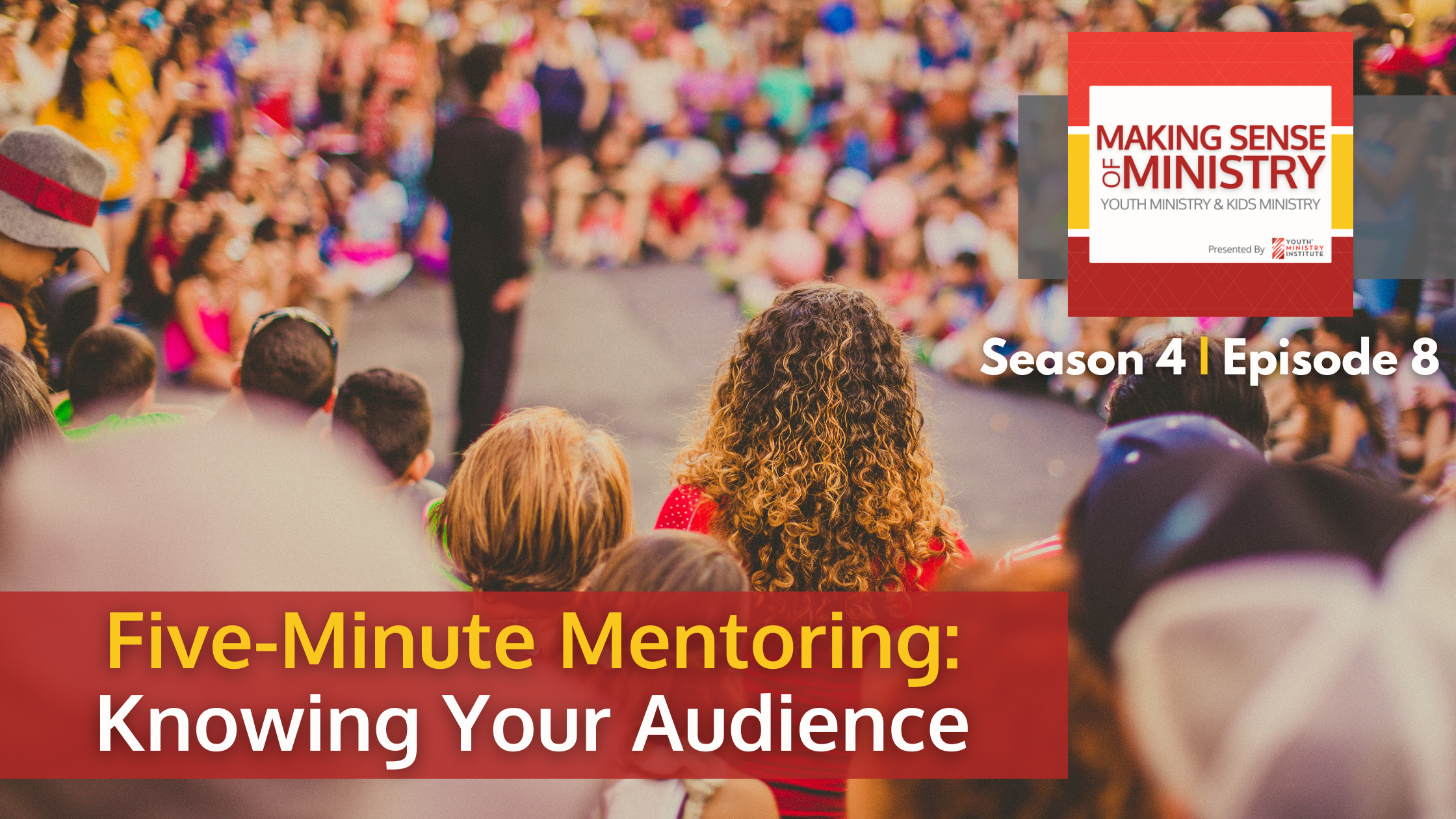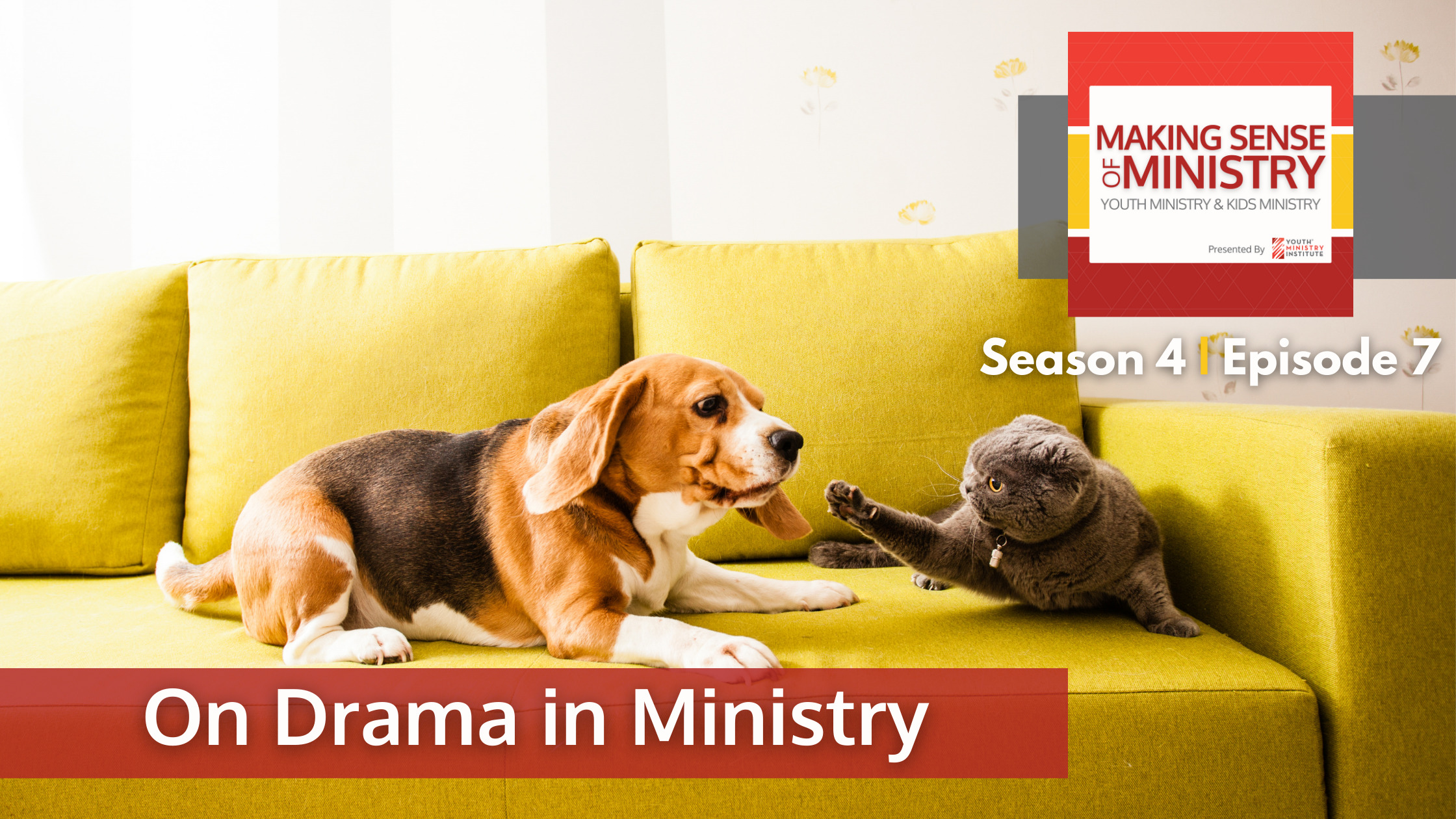Lots of new action & change happens at this time of year. Before we lose focus in the busyness, let’s start preparing for a successful year.
Author Archives: Brian Lawson
After The Program: What’s Next?
For many of us, VBS 2023 is over. We’ve loved seeing volunteers serve, loads of kids on campus, and many new faces. But I have to ask you, is it actually over? What’s next? Whether you held a VBS, summer camp, or another outreach-oriented event this summer, the program’s conclusion is not the end. Now, […]
Am I Doing This Right?
There was a time when I wondered, “Am I doing ministry right?” This feeling went on for years. Yes, I would feel good about events we were hosting, and sometimes I’d even feel good about a sermon, lesson, or small group. But, I still felt unsure whether I was doing ministry well. Then one day, I learned […]
Oversharing In Ministry: The Shocking Truth – Are You Guilty?
Do you know the balance between transparency and oversharing in ministry? Learn the pitfalls to avoid and how to get it right.
Maximizing Summer Ministry: Rest or Ramp Up?
Many of us will wrap up our school year within the next few weeks. I have always appreciated the transition into summer ministry because it brings a different pace. The opportunities we have in the summer create a rhythm that is unattainable during the school year. Over my time in ministry, I have approached the […]
Five-Minute Mentoring: Web of Joys and Complaints | Season 4: Episode 10
The Making Sense of Ministry podcast is on all major platforms, including Spotify, Apple Podcast, and Audible. Have you ever had someone complain, and now it’s all you can think about? Have complaints ruined a meaningful moment in ministry? In this Five-Minute Mentoring episode, Brian discusses the interwoven web of joys and complaints. Understanding this web can help […]
On Feeling Spiritually Dry In Ministry & Is It Time To Quite | Season 4: Episode 9
The Making Sense of Ministry podcast is on all major platforms, including Spotify, Apple Podcast, and Audible. Everyone goes through seasons of feeling spiritually dry. Perhaps that is you right now. You may even wonder if it is time to quit children’s or youth ministry. In this episode, Brian and Kirsten discuss being spiritually dry and how to […]
Hiring: Four Ways Your Interviews Can Be Better
Have you ever sat in bad interviews? These happen all the time in our churches. But it doesn’t have to be that way. As a church, finding the right person to lead your Youth or Children’s Ministry is crucial to the spiritual growth and development of the young members of your congregation. The interview stage […]
Five-Minute Mentoring: Knowing Your Audience
The Making Sense of Ministry podcast is on all major platforms, including Spotify, Apple Podcast, and Audible. In this episode of Five-Minute Mentoring, we explore knowing your audience and why it may be one of your best ways to gain respect from both parents and church members while creating stronger relationships with young people. Resources For YouYouth & […]
On Drama In Ministry | Season 4: Episode 7
The Making Sense of Ministry podcast is on all major platforms, including Spotify, Apple Podcast, and Audible. Have you ever experienced drama in your ministry? No matter the age group we serve, there will be drama. In this episode, Kirsten and Brian discuss the drama they have experienced in ministry and how they handle it. Resources MentionedYouth & […]










